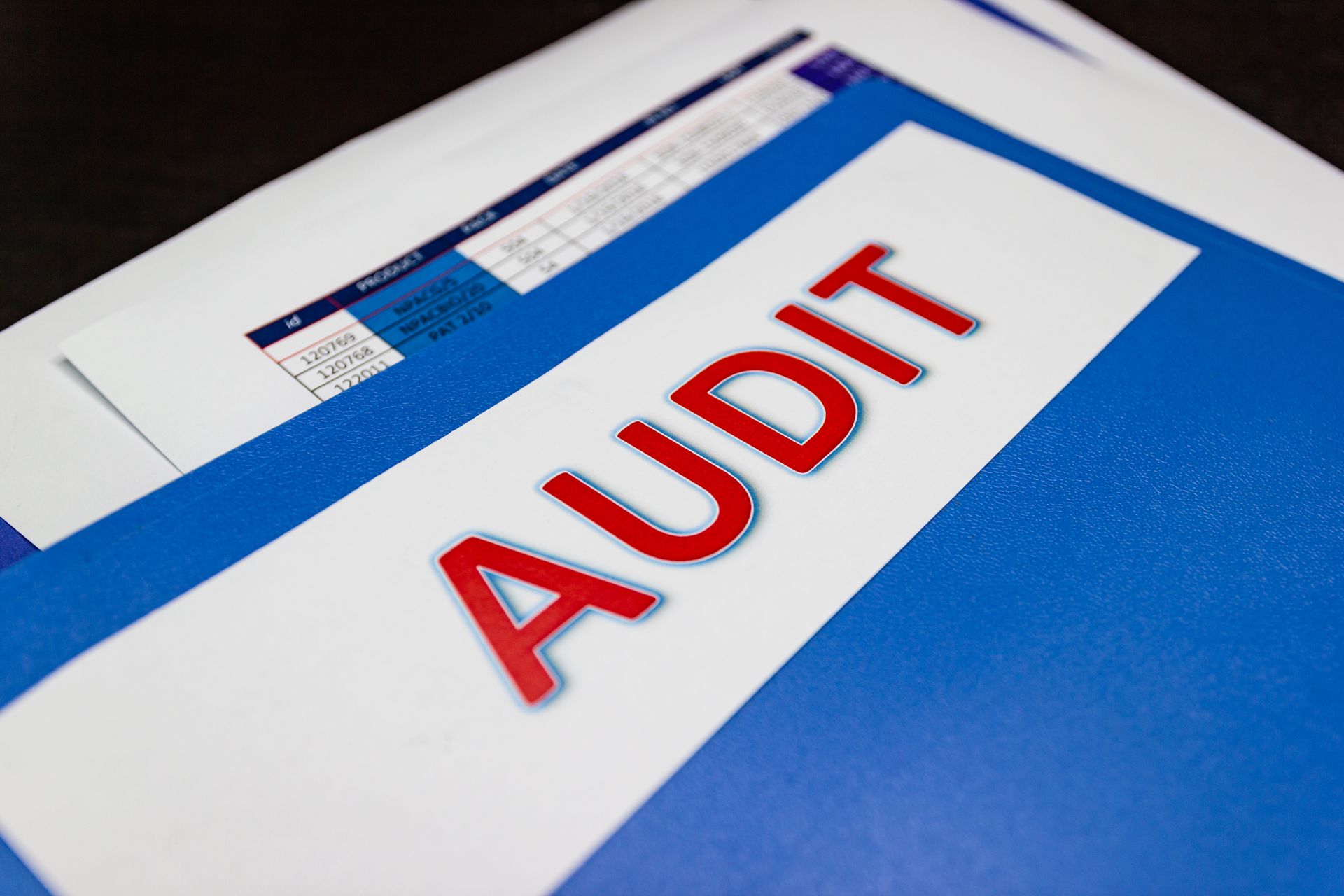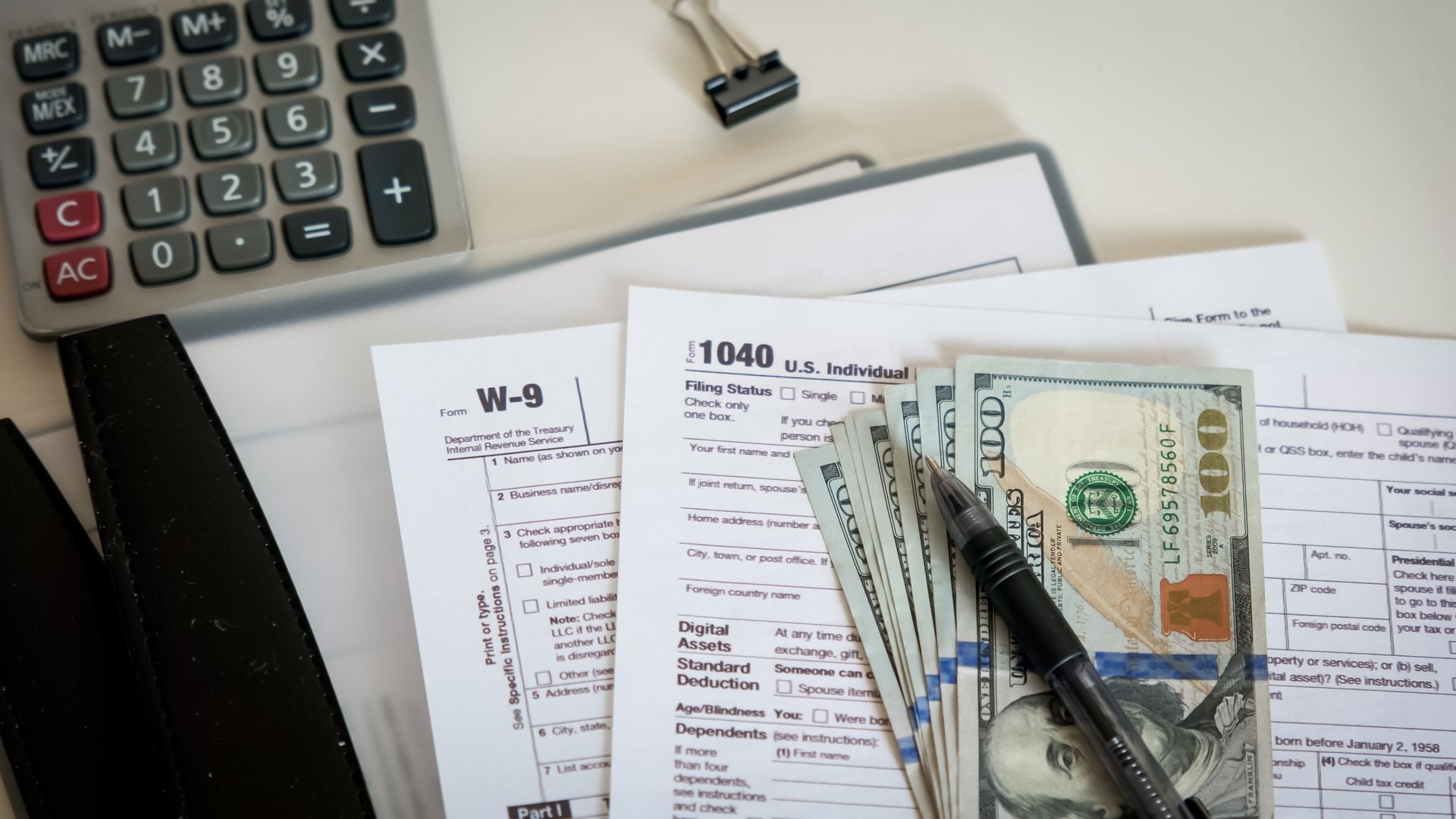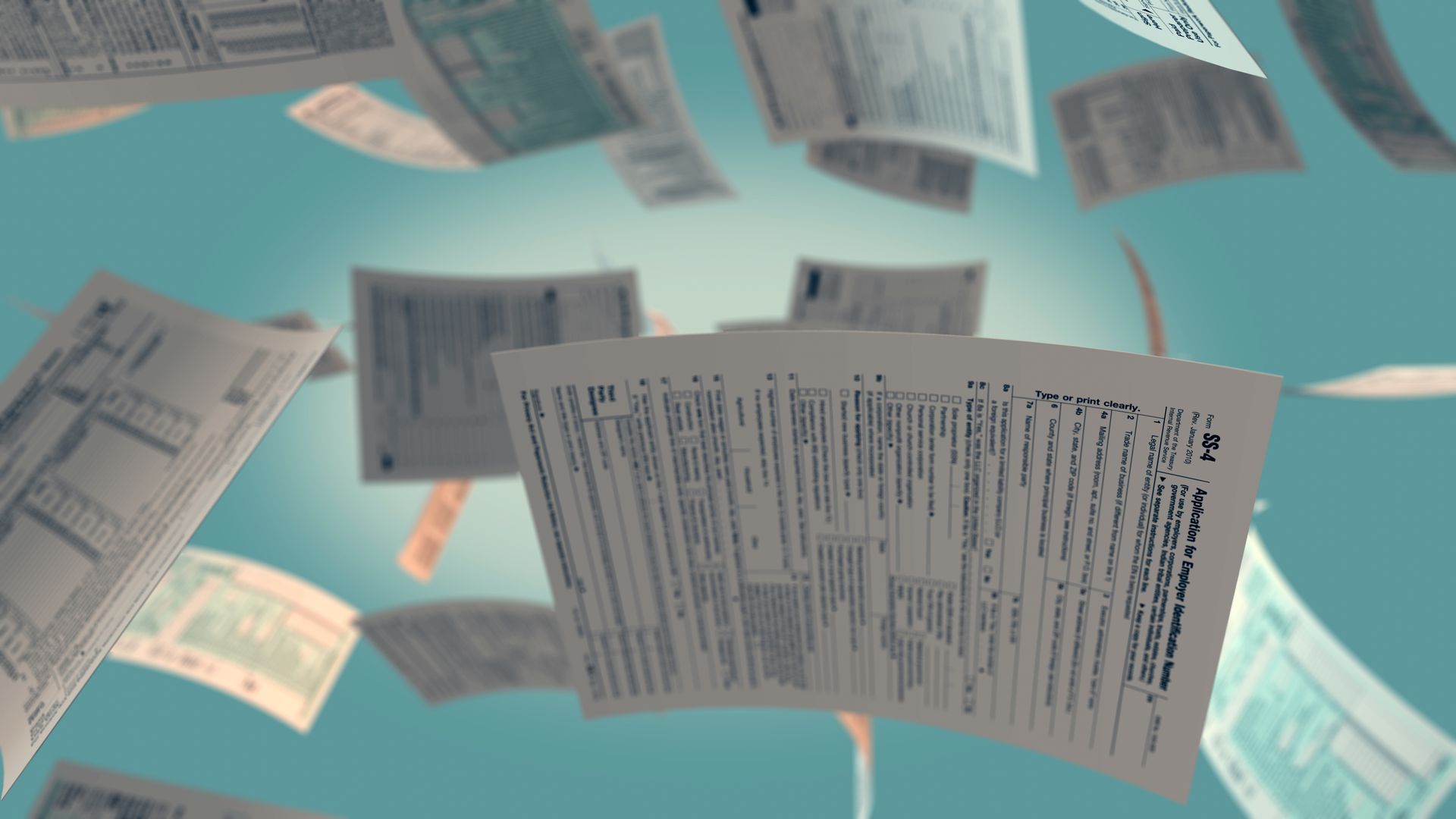Contact Us
Phone: 914-996-6624
Location
81 Main Street
Suite 307
White Plains, New York 10601
Hours
- Mon - Fri
- -
- Sat - Sun
- Closed
Schedule a Case Evaluation
Contact us now!
Homepage FCE Form
We will get back to you as soon as possible.
Please try again later.
By submitting this form, you agree to be contacted by our law firm, either by phone, text or by email.
81 Main Street
Suite 307
White Plains, New York 10601
914-686-7171
17 Beverly Road
Post Office Box 2888
East Hampton, New York 11937
631-329-7171
726 King Street
Post Office Box 488
Chappaqua, New York 10514
914-238-7171
Disclaimer: The information on this website is for general information purposes only. Nothing on this site should be taken as legal advice for any individual case or situation. This information is not intended to create, and receipt or viewing does not constitute an attorney-client relationship.
All Rights Reserved | Auerbach Law Group, P.C. | Powered By Convert It Marketing | Privacy Policy
All Rights Reserved | Auerbach Law Group, P.C. | Powered By Convert It Marketing | Privacy Policy











